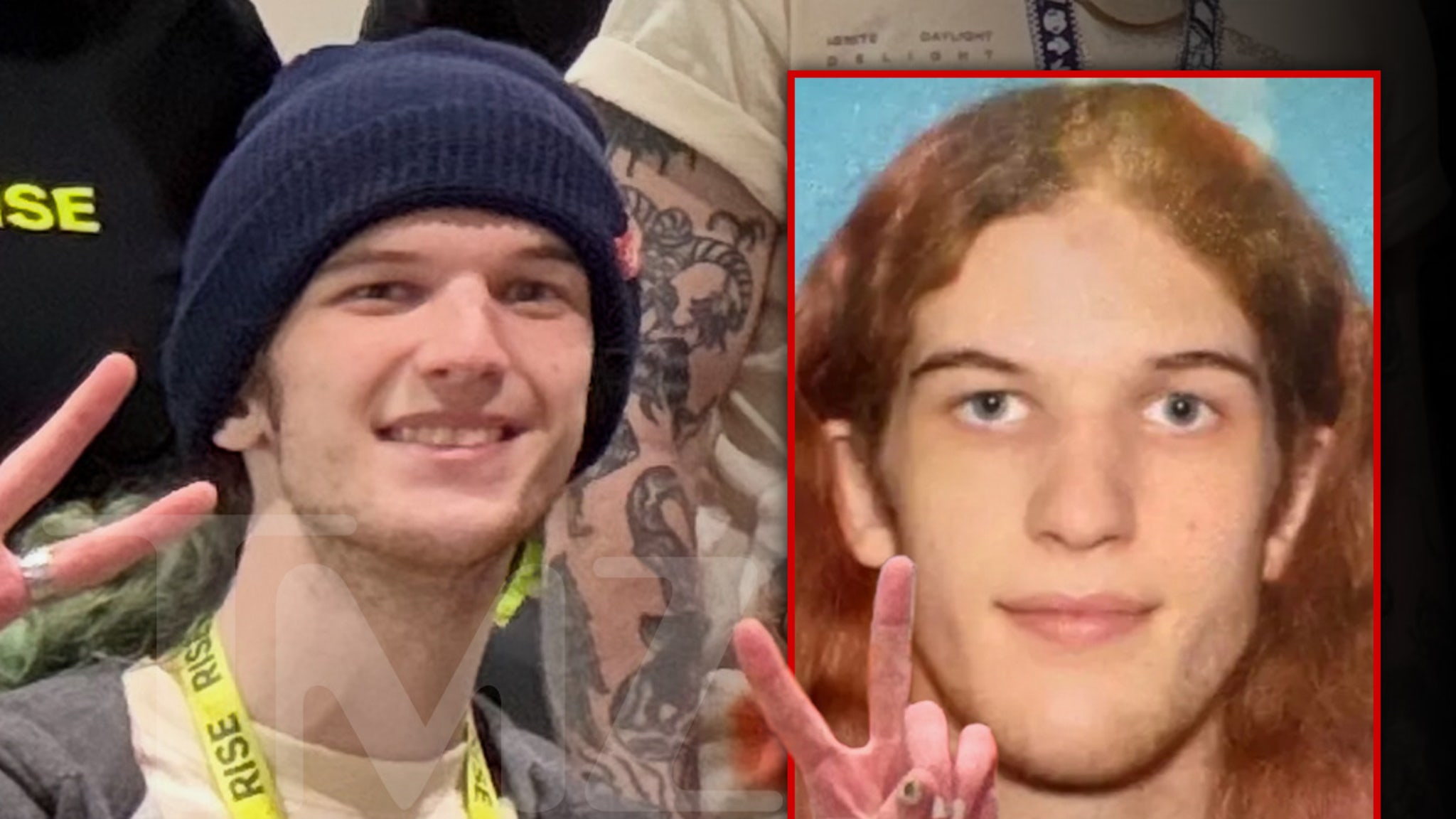Minneapolis Mass Shooter Robin Westman Inquired About Guns at Work, Obsessed with ‘Call of Duty’ Before Deadly Attack on Children
Minneapolis, Minnesota – August 31, 2025
In a chilling prelude to one of the most harrowing school attacks in recent memory, 23-year-old Robin Westman reportedly asked security guards at their workplace about firearms just weeks before unleashing a barrage of gunfire at Annunciation Catholic School, killing two young children and injuring 18 others. Authorities revealed that Westman, who idolized mass murderers and was deeply engrossed in violent video games like “Call of Duty,” left behind a trail of disturbing writings and videos that exposed a fixation on violence and hatred. As the community mourns the loss of 8-year-old Fletcher Merkel and 10-year-old Harper Moyski, the incident has reignited debates on mental health, gun access, and the influence of media, prompting a federal probe into domestic terrorism and hate crimes.
Key Details of the Attack and Investigation
The tragedy unfolded on August 27, 2025, during a school-wide morning Mass at Annunciation Catholic Church, which houses the K-8 school in south Minneapolis. Westman approached the building’s exterior and fired through the windows using a rifle, shotgun, and pistol—all legally purchased recently—unleashing over 116 rifle rounds and three shotgun shells toward the pews filled with approximately 500 children and 50 adults. The attack killed Merkel and Moyski, both students, and wounded 17 others, including 15 children aged 6 to 14, with injuries ranging from critical to minor. Westman died at the scene from a self-inflicted gunshot wound.
Search warrants executed at three residences linked to Westman uncovered a trove of evidence, including additional firearms, a smoke bomb, and notebooks written in a blend of English and Cyrillic script. Hours before the shooting, Westman posted videos on YouTube (since removed) displaying weapons scrawled with racial slurs, antisemitic messages like “6 million wasn’t enough,” anti-Israel sentiments, and calls to “kill Donald Trump.” The manifesto apologized to family and expressed suicidal ideation, while a hand-drawn map of the church layout showed premeditation.
Westman, who worked at a Rise medical cannabis dispensary in Eagan until August 16, 2025, inquired about guns with security guards there, according to a former coworker. The suspect was also obsessed with first-person shooter games like “Call of Duty,” frequently discussing them at work. No explosives were found, but the locked church doors during Mass likely prevented further casualties.
Quotes from Officials and Experts
Minneapolis Police Chief Brian O’Hara condemned the act as one driven by a “deranged obsession” with notoriety, stating, “Ultimately this person committed this act with the intention of causing as much terror, as much trauma, as much carnage as possible for their own personal notoriety.”
U.S. Acting Attorney General for Minnesota Joseph Thompson revealed insights from Westman’s writings: “More than anything, the shooter wanted to kill children. The shooter was obsessed with the idea of killing children.” He added that the suspect “appeared to hate all of us,” idolizing mass murderers while expressing hatred toward Jewish people, the Catholic Church, and others.
FBI Director Kash Patel classified the shooting as “an act of domestic terrorism motivated by a hate-filled ideology.” A former classmate, Josefina Sanchez, recalled Westman’s troubling behavior: “I knew that something was off… he would put up his hand and praise Hitler.”
Background Context: Westman’s Troubled History
Born Robert Paul Westman on June 17, 2002, the suspect legally changed their name to Robin in January 2020, identifying as female, though some reports use varied pronouns. Westman attended Annunciation Catholic School through eighth grade in 2017, where their mother, Mary Grace Westman, served as parish secretary until 2021. Classmates described Westman as isolated with “odd obsessions,” including discussions of school shootings and self-harm signs noted by a teacher in 2017.
Westman’s writings detailed depression, suicidal ideation, and a fascination with mass killings, including a 2017 suspension for discussing school shootings. A 2018 welfare check noted mental health concerns, but no further action was taken. Recently, Westman lived in Richfield before a breakup, then stayed with a friend in St. Louis Park. No criminal history beyond a traffic ticket.
Possible Impact and Next Steps
The shooting has traumatized the Minneapolis community, with vigils honoring the victims and calls for gun reform from figures like Mayor Jacob Frey, who urged against politicizing Westman’s gender identity. It has sparked discussions on video games’ role in violence, though experts caution against oversimplification. The FBI’s hate crime investigation may lead to broader reviews of online radicalization and mental health interventions.
Next steps include ongoing evidence analysis, victim support through funds like those for Merkel and Moyski families, and potential policy changes on red flag laws. Police continue probing motives, while the church community focuses on healing.
In conclusion, Robin Westman’s deadly rampage, preceded by inquiries about guns and an obsession with “Call of Duty,” exposes the devastating convergence of untreated mental illness and easy firearm access. For readers, the takeaway is clear: Recognize warning signs and advocate for mental health resources—your actions could prevent the next tragedy. For updates or support, visit local crisis hotlines or donate to victim funds.
